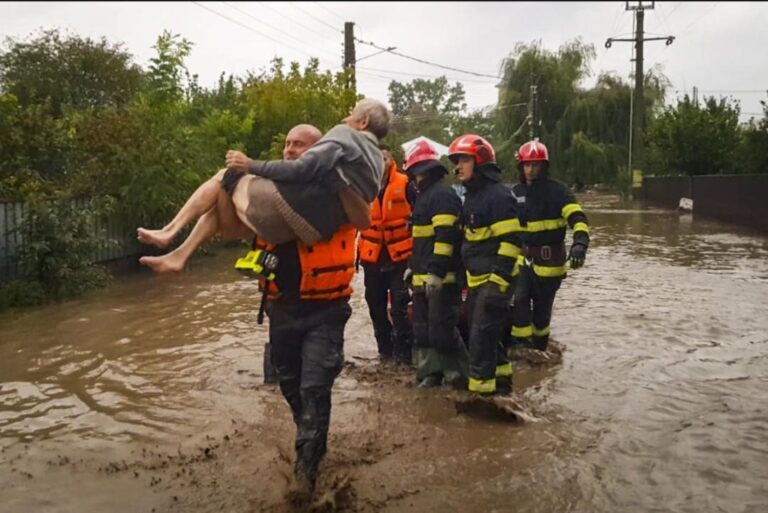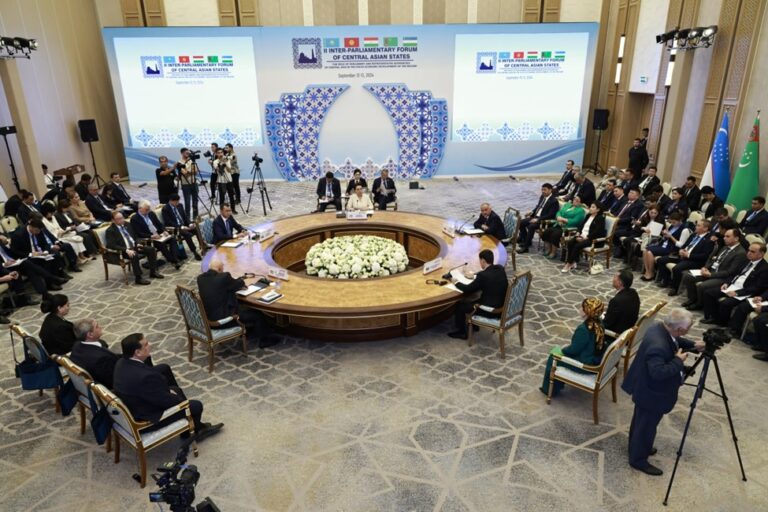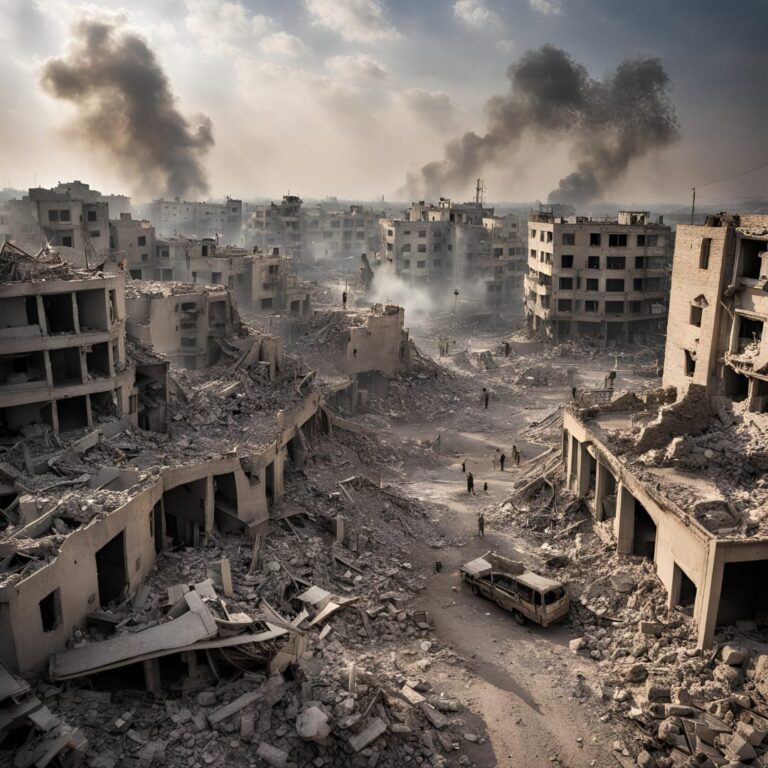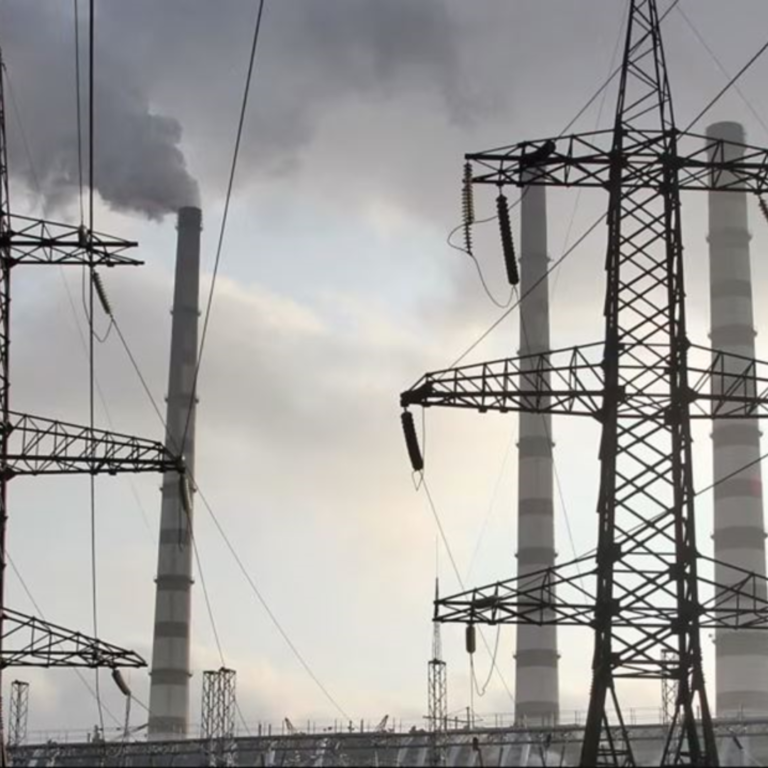The BRICS nations consist of Brazil, Russia, India, China, and South Africa. BRICS aim is to establish a new reserve currency backed by a basket of their respective currencies. Moreover, it aim to boost their economic and geopolitical influence on the global stage.
The potential BRICS currency aims to empower these nations to exercise their economic influence. Moreover, it also aim to challenge the hegemony of the US dollar which accounts for about 90% of all currency trading in the global economic and financial landscape. The longstanding Sino-US trade war and sanctions on Russia has provided a favorable climate for the development of a new BRICS currency. This initiative might pose a significant challenge to the US dollar’s hegemony. It could also potentially lead to a decline in demand for the US dollar globally. This phenomenon can be termed de-dollarization, having far-reaching implications for international trade and businesses and ultimately for the global financial. This article focuses the forces or drivers which compel these nations to diversify their currency . Moreover, it also discuss the potential implications for the global financial system will be discussed:
Economic Resilience/ Independence:
Historically, the core BRICS countries have suffered from the hegemonic role of the US dollar.. In Brazil, appreciation and depreciation of the US dollar have historically destabilized the economy, in India, the free movement of US capital in the stock market has led to extreme fluctuations, affecting capital liquidity for major companies. South Africa has faced financial sanctions from the US for alleged violations, destabilizing its financial sector. Russia has been heavily sanctioned by the US, especially following the Ukraine conflict, which threatened the its economic stability. China, accused of currency manipulation by the US. furthermore, the economies of Saudi Arabia, the UAE, and Iran have been strained by the US dollar’s depreciation in the 1970s, which led to skyrocketing oil prices and unfair profit distribution from oil extraction, which accelerated tensions with Western oil companies.
So keeping in consideration their past experiences, these emerging economies aim to decrease their vulnerability to the external destabilizing factors by shifting their foreign exchange reserves away from US dollars.
Evolution of alternative currencies:
Certain BRICS Plus members , particularly China, as the largest influential member of the BRICS group, has been a key supporter of the new currency initiative. Chinese leaders have consistently emphasized the need to reduce reliance on the U.S. dollar and promote a more equitable global financial system with alternative reserve currencies. This initiative seek to protect the stability of their economy against the potential fluctuations in dollar and sanctions imposed by US over BRICS plus countries.
Geopolitical tension:
The movement of BRICS plus countries toward DE dollarization is merely fueled by several the geopolitical factors. First, reducing their reliance on US dollar. Second geopolitical tensions between major powers. However, the BRICS countries aim to to reduce their dependency on US dollar to mitigate the potential economic and political encroachments. This shift could sensitize the use of other currencies in international trade.
Financial stability:
The quest to achieve financial stability can also foster the efforts for de-dollarization. US dollar’s proportion of global foreign exchange reserves has significantly decreased as a result of the US’s recent freeze of Russia’s foreign exchange holdings in response to the invasion of Ukraine. This particular event has accelerated the efforts for creation of an alternative currency by BRICS plus. This shift can alter the dynamics of the global financial system. It possibly resulted in the decline of US dollar dominance and alternative currencies becoming more widely used in cross-border transactions.
Advantages of BRICS currency:
The emergence of a new reserve currency by the BRICS nations can provide several significant advantages. By reducing dependence on the US dollar, these countries can possibly:
- Enhance economic integration between the BRICS Plus nations, promoting stronger economic ties and reducing transaction costs.
- Reduced reliance on US economic and political policies can lessen their vulnerability , giving them more autonomy in foreign affairs.
- Altering the global financial power dynamics but challenging the status quo of US dollar
- Motivate other regional and global alliances to diversify their economic reserves and foster economic integration and cooperation on global scale.
Implications of BRICS currency:
The BRICS currency can reshape the economic world order by reducing dependence on US dollar and redistributing economic power. This new reserve currency might impact forex markets, risking devaluation for countries with large dollar reserves. Enhanced cooperation and economic integration between BRICS plus nation can provide stability by leveraging their combined GDP and will further diversify their economies.
Potential Implications for Global Financial Stability and power structure
The emergence and development of a new BRICS currency could disturb the global financial stability. By aiming to reduce reliance on the US dollar, the BRICS nations can alter the dynamics of international trade, businesses and financial flows. This shift could increase global volatility as markets adjust to a new currency, potentially undermining the stability and security that US dollar has previously provided for long time. Additionally, it could diminish the effectiveness of US sanctions, as fewer countries would be vulnerable to them. As the US dollar loses its hegemony, non-Western powers like China and Russia could emerge to prominence and transform world economy and politics to a multipolar system.
Implications for businesses and trade:
The emergence of a BRICS reserve currency can significantly impact international business and trade practices. Businesses operating within the BRICS nations can significantly benefit from simplified import and export processes, facilitated by the new currency. Trade efficiency can be increased by reduced currency exchange risks and transaction costs. The adoption of a BRICS reserve currency can influence and foster trade relations between BRICS and non-BRICS states. Businesses may be more inclined to trade with BRICS nations due to the reduced currency exchange risks.
However, non-BRICS countries could face trade imbalances and may need to implement strategies to mitigate these challenges. The successful implementation of a BRICS reserve currency will require advancements in digital currency platforms. These technologies could streamline transactions, reducing barriers for businesses adapting to the new currency system. There is possibility that De-dollarization may open up new channels for Trade and Investment. Businesses and investors can find potential markets, diversify their holdings, and consider partnerships with nations adopting alternative currency . They can take advantage of the shifting nature of the global financial scene and keep ahead of changing trends.
Future prospects for transition from dollar dominance
A number of possible outcomes could result from the creation of a BRICS reserve currency. Adopting the new currency could eventually replace the US dollar in international trade and transactions, creating a multipolar reserve currency system. Resultantly there would be a equitable distribution of influence among the world’s powers and the US dollar dominance would decline. The world’s markets could experience major upheavals if the BRICS currency is quickly adopted. The economic and monetary environment may become more complicated as a result of countries diversifying their reserves to include the new currency in addition to US dollars.
As the globe adjusts to these new dynamics, this could present problems for the stability of the global financial system. Regardless of the pace of transition, countries and corporations worldwide would need to adapt to a world where the US dollar is no longer the single dominant currency. This would require adjustments to financial strategies, trade and business practices, and investment decisions.







